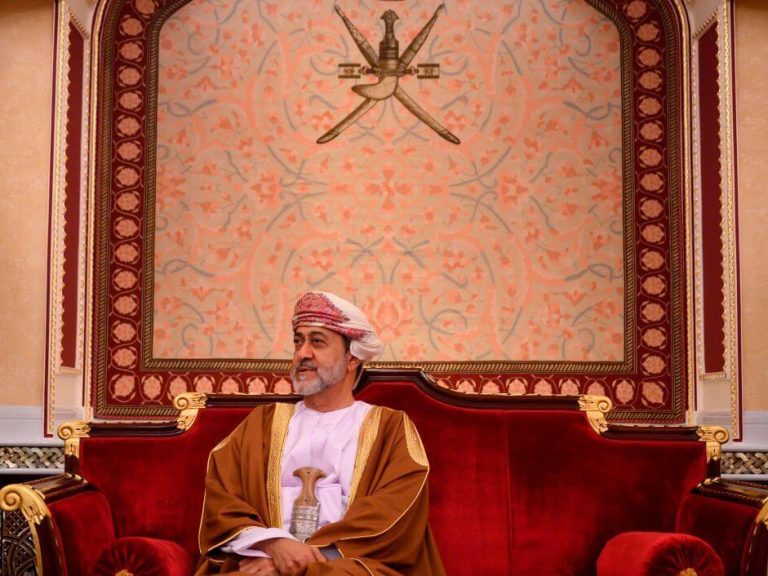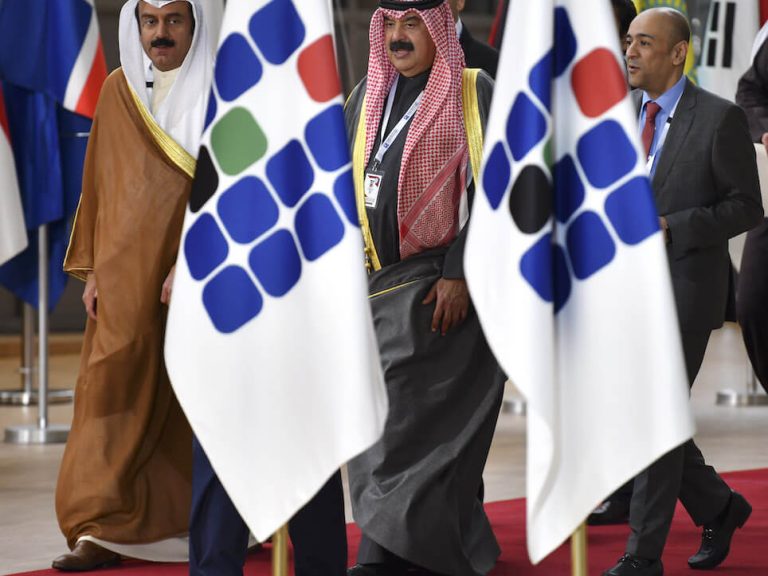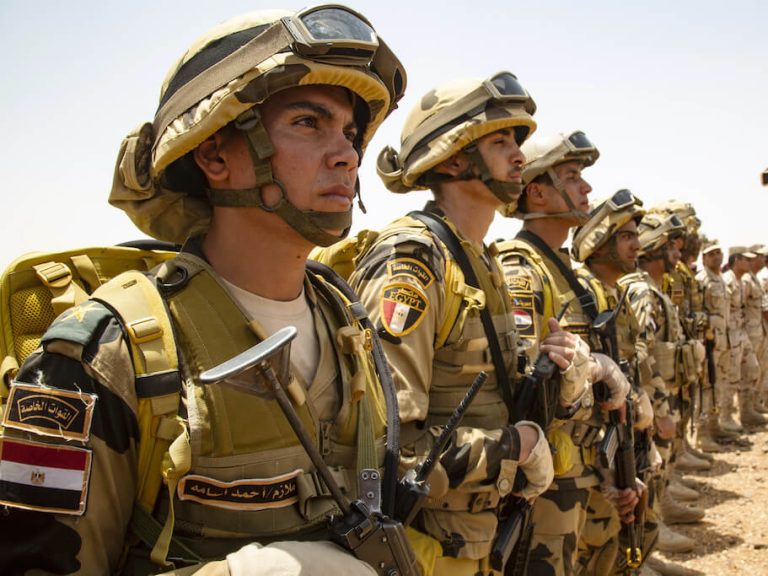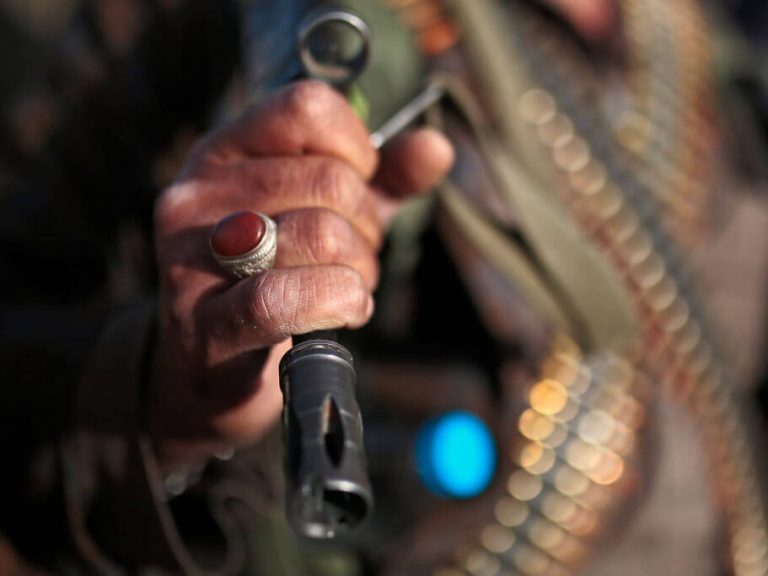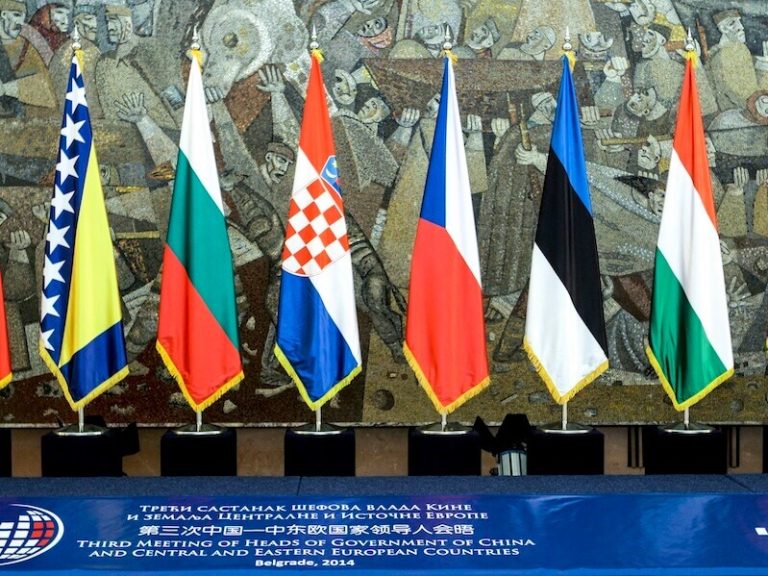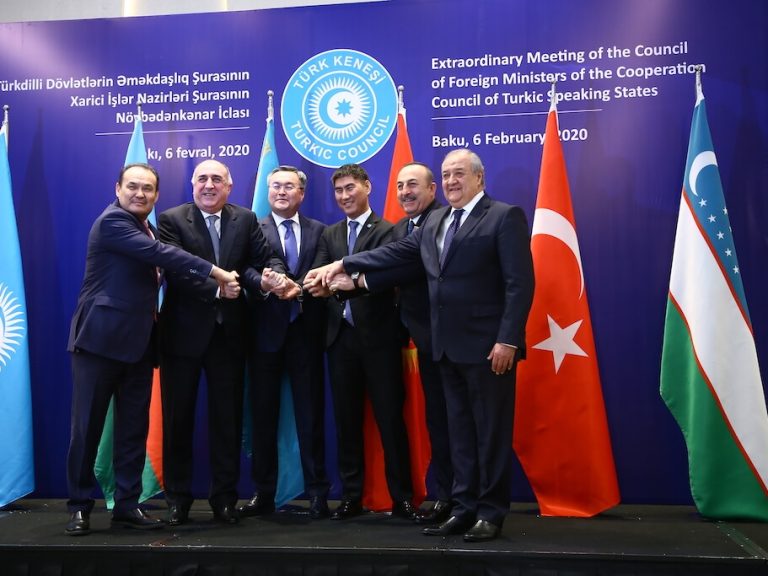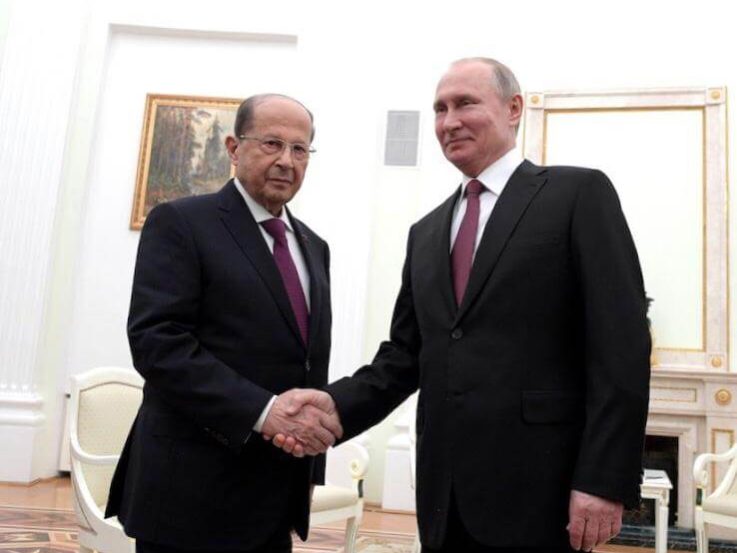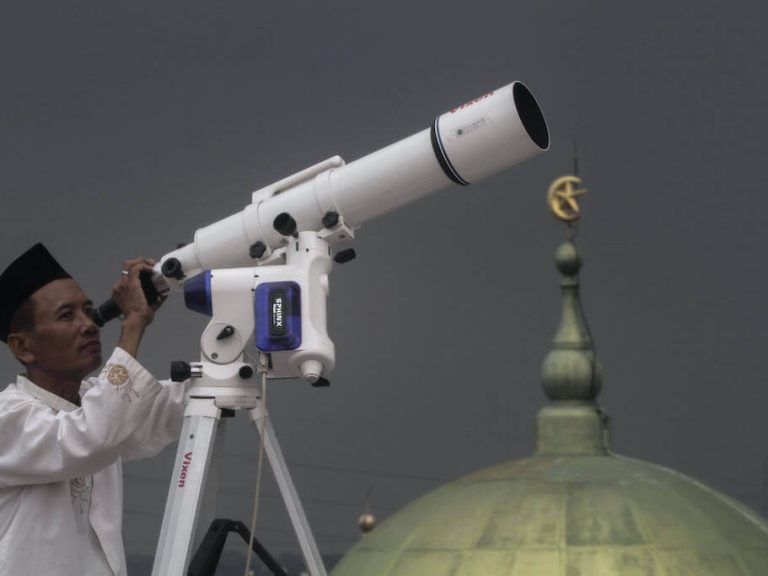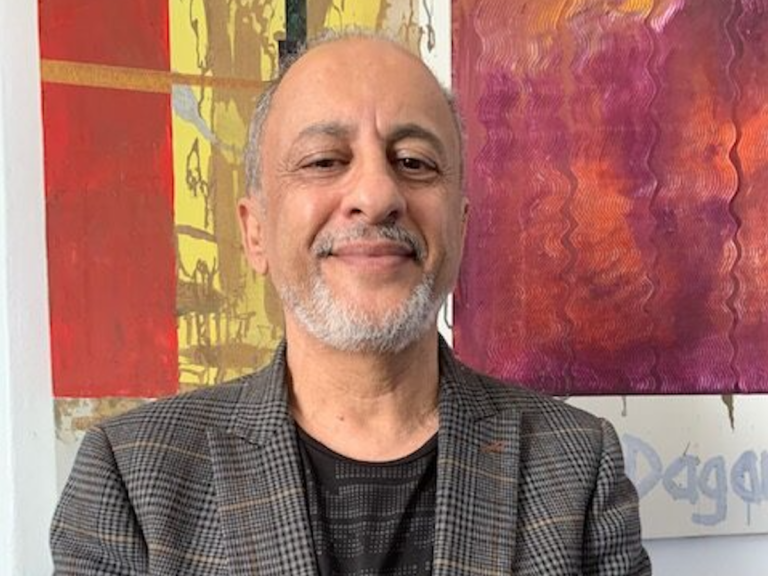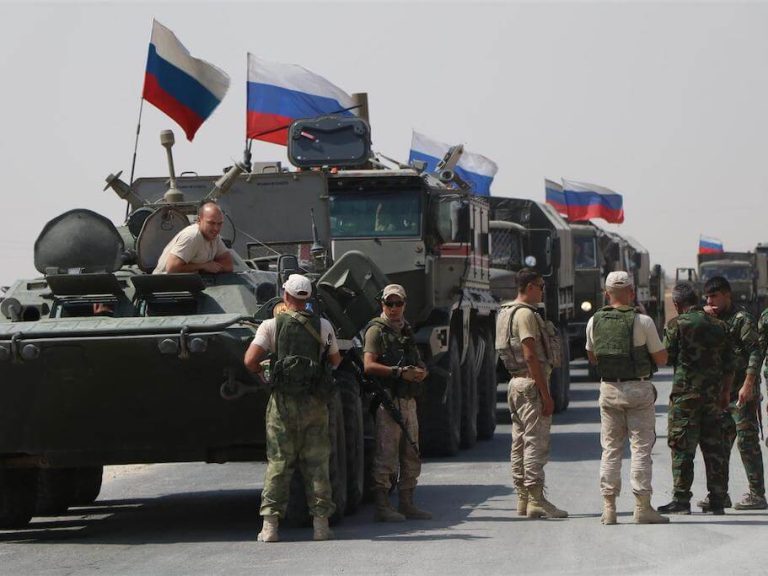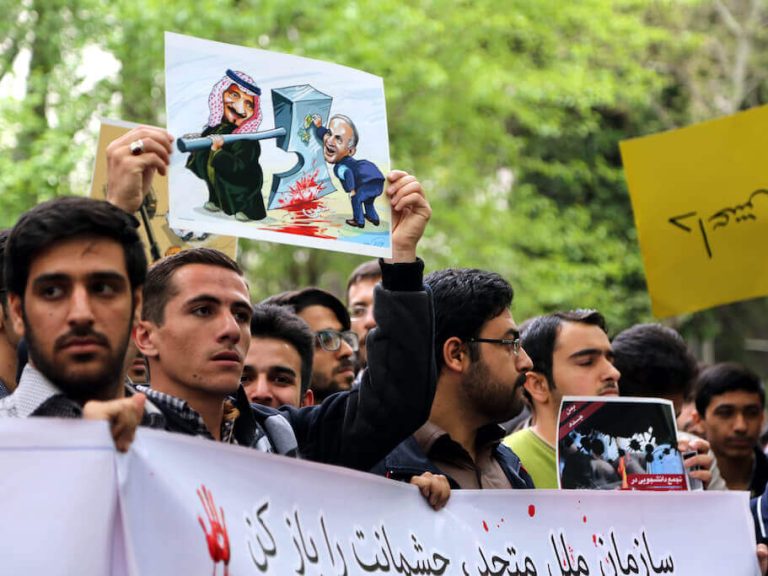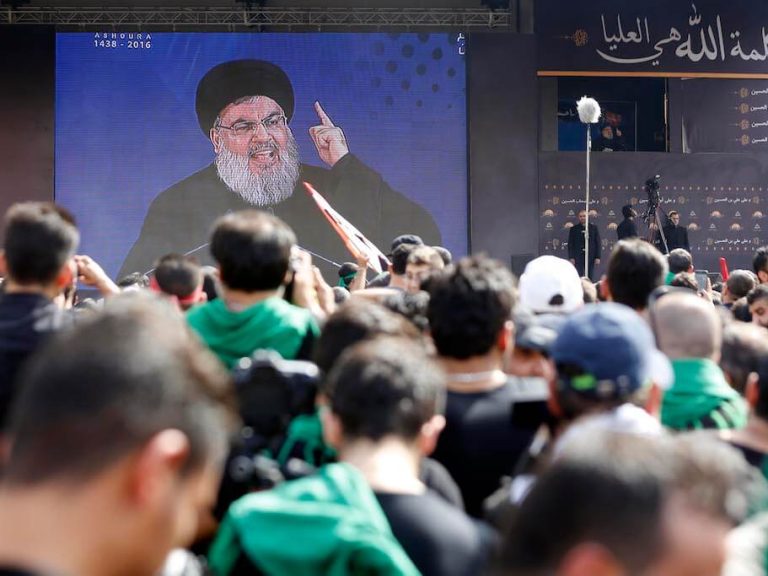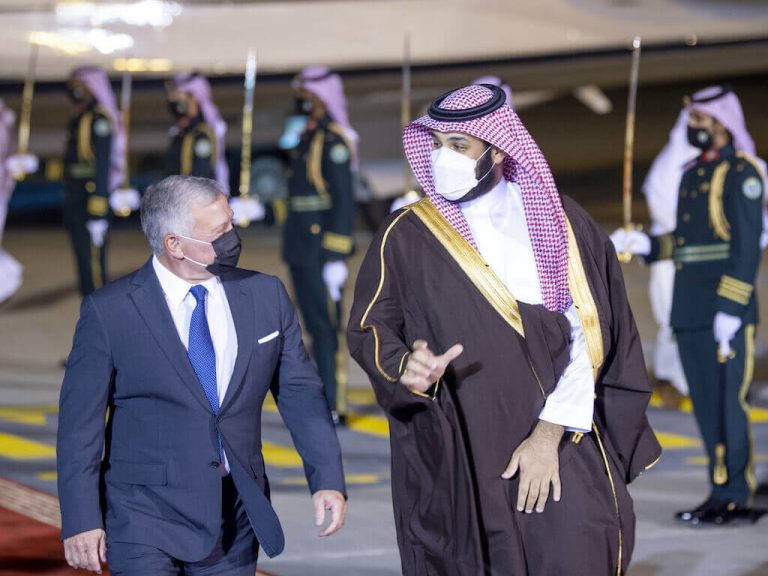Read: Canal of Shame: Gulf Crisis and Saudi Arabia’s Salwa Canal ProjectThe crisis in the Suez was caused by the grounding of the 400-meter-long Ever Given, carrying 18,000 containers headed to the Netherlands, engendering tailbacks and blocking the traffic of 400 other vessels.
Omani-Saudi Bilateral Ties: Understanding Oman’s Sultan Visit to the Kingdom
n July 11-12, Oman’s Sultan Haitham bin Tariq al-Said made his first overseas official trip since coming to power in January 2020, to Saudi Arabia.
GCC-Damascus Rapprochement Can Pit Syria Against Turkey Even Further
ollowing the First Gulf War, the foreign ministers of Syria, Egypt, and the six members of the Gulf Cooperation Council (GCC), namely Saudi Arabia, Kuwait, Qatar, Bahrain, Oman, and the United Arab Emirates (UAE), met in Damascus and agreed on a new security cooperation initiative for the Gulf which came to be known as the “Damascus Declaration.
Returning to the Stage: Egypt’s Initiatives May Reshape East African Geopolitics
Ethiopia’s bid to fill its Grand Ethiopian Renaissance Dam (GERD) has alarmed downstream countries. Egypt has responded by cultivating ties…
To End the Civil War in Yemen, the Local Dimension is the Key: An Interview with Maysaa Shuja al-Deen
Alongside different local actors, there are also regional actors involved in Yemen, such as Saudi Arabia, Oman and the UAE, who are not aligned and are not very willing to cooperate either.
China in the Balkans: More than Infrastructure Projects
Read: How Turkey and Saudi Arabia Compete in the BalkansIt remains to be seen if Serbia will have to eliminate China’s tech giant Huawei completely – with whom Belgrade signed a strategic agreement in 2017 – from the ongoing installation of fixed broadband infrastructure, including the 5G network.
Cryptocurrencies in the Middle East: Investment Surrounded by Risk
Read: The Rise of Bitcoin and its Ambiguous FutureRain, a cryptocurrency trading platform licensed by the Central Bank of Bahrain, serves crypto products and services in Bahrain, Saudi Arabia, United Arab Emirates, Kuwait, and Oman.
The Great Reconfiguration of Global Supply Chains
Germany, Pakistan, the UAE, Qatar, Hungary, Saudi Arabia, and Egypt keep their doors open to working with Huawei and ZTE to build their future communication infrastructure.
Turkish-Egyptian Rapprochement: Dynamics, Prospects, and Expectations
Read: Can Arms Bring Turkey and Saudi Arabia Together?However, the recent developments in the relations between Ankara and Cairo have brought about a possible partnership between the two countries, which could benefit both sides of the Mediterranean and lead to a possible normalization of bilateral relations in the near future.
The Great Turan: Russia’s Concerns about Turkey’s Growing Reputation in Caucasus and Central Asia
Read: Can Arms Bring Turkey and Saudi Arabia Together?The second major area is Central Asia, dubbed as Russia’s “soft underbelly,” which entered the sphere of Turkish interests after the collapse of the USSR.
Russia’s Lebanese Matryoshka Doll
Abandoned by his traditional Arab Gulf patron, the Kingdom of Saudi Arabia, Hariri sees in Russia the only remaining lifeline, as Russia is in a better position than the U.
The Politics of Sighting the Crescent Moon in the Muslim World
Saudi Arabia, a country that hosts Mecca and Medina, the holiest places of Islam, and the center of Wahhabism, one of the most powerful sects of Islam, has always had symbolic power among Muslims.
A Road Map to End Yemen’s War: An Interview with Abdul Galil Shaif
What we suggest is to bring a political-diplomatic solution with the heavyweights, such as the United States, Britain, Turkey, Saudi Arabia, the UAE and Iran, who would play an effective role in influencing the Houthis, the legitimate government, and the Southern Transitional Council (STC) together.
Russia in the Middle East: From Arms to Mercenaries
The exception to this rule includes some of the agreements between Russia and Saudi Arabia, Qatar, and the UAE.
Talks between Saudis and Iranians: Facts Speak Louder than Words
n April 18, news of Iran-Saudi Arabia talks to re-establish relations was reported in the media.
Hezbollah’s Spying Games Amidst Lebanon’s Demise
The 1994 attacks in Buenos Aires, Argentina, the 1996 Khobar bombings in Saudi Arabia, the 2012 Burgas bus bombing in Bulgaria, the official direct involvement in the Syrian war in 2013, Hezbollah’s history with stockpiling Ammonium Nitrate around the globe and the official support of the Houthi group in Yemen are all cases in point.
Meetings Between Iraq, Egypt, and Jordan will Amount to Little
After all, the Saudi-Egypt Causeway that has been in development since the mid-2000s has yet to see the light of day, in large part because Israel has opposed it.
“Istanbul Is a Testing Ground for the Afghan Peace Talks”: An Interview with Heela Najibullah
Additionally, the agreement could not prevent the continuation of arms supplies from regional countries such as Saudi Arabia to the Mujahideen despite the two superpowers agreeing not to supply arms to their benefactors.
Ship Attacks in the Persian Gulf: Another Manifestation of an Iranian-Israeli Proxy War?
"
Iran-Syria-Israel
For the first time in November 2017, the public relations of the Saudi-led military coalition unveiled images and documents of the IRGC navy using a cargo ship as a naval base and a radio and electronic spy center, including images of the ship.
The Foreign Factor in Jordan’s Plot Crisis
The first was Sharif Hassan bin Zaid, the king’s former envoy to Saudi Arabia and the brother of Captain Ali bin Zaid, a senior Jordanian intelligence officer who was killed at the end of 2009 in a suicide attack by an al-Qaeda double agent in Afghanistan.

